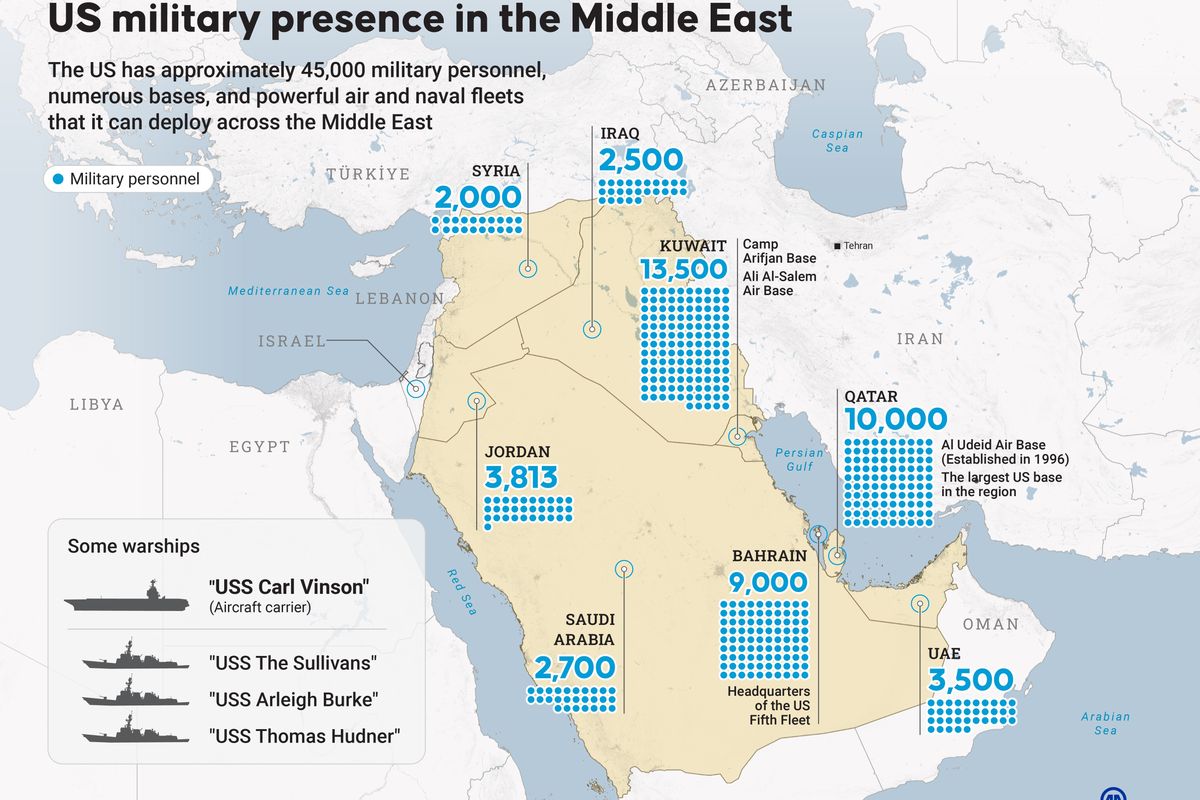Chairman of the Joint Chiefs of Staff General Joseph Dunford said in a news conference on Tuesday he wants to wait for the results of the full investigation into the ambush earlier this month in Niger that killed four U.S. servicemembers before commenting on what may or may not have happened.
Dunford told reporters on Monday that 12 Americans and 30 Nigeriens had embarked on a reconaissance mission in northern Niger. He would not comment on Tuesday on speculations that the mission of the joint U.S. and Niger patrol had changed to help a second American team hunt for a senior member of al Qaeda in the Islamic Maghreb believed to be in the area. He also said he had no knowledge of any possible CIA involvement in the mission.
Around 50 heavily armed fighters attacked the Army Green Berets and Niger forces on October 4. Four Nigerien service members were also killed, and two Americans and several Nigerien troops wounded. The body of one of the four Americans killed was not discovered until two days later.
There is speculation that the attackers could have been affiliated with the Islamic State. Dunford did not confirm this, but did say that ISIS is “leveraging” local insurgencies in Africa – it’s basically a rebranding of local insurgencies, said Dunford and Brett McGurk, the administration’s special envoy for the anti-ISIS coalition, on Tuesday.
The Cipher Brief’s Kaitlin Lavinder spoke with Idayat Hassan, who is based in neighboring Nigeria, about the Niger attack. Hassan is director of the Centre for Democracy and Development (CDD), an Abuja-based policy advocacy and research organization with focus on deepening democracy and development in West Africa.
The Cipher Brief: What’s the security situation in Niger - is ISIS in the Greater Sahara large and very active there? And why is it suspected that ISIS was behind the attack on Americans a couple weeks ago? Could it have been another group?
Idayat Hassan: The Islamic State in the Greater Sahara (ISGS) operates from Mali and from there makes incursion into Burkina Faso and Niger, but more emphasis has been in Burkina Faso – where it claims its first and second attacks with an assault on the Burkina military in the country’s far north of Markoye and Intangom near its border with Mali. This was followed by an attack on the members of the army’s special anti-terrorist group with around 10 soldiers and one gendarme killed. The ISGS also claimed the Koutoukalé prison attack in Niger.
The group operates along the borders with neighboring countries, and is being fingered in the attack on the American security forces due to its modus operandi, which perfectly matched what was experienced in the Niger attack – that is, an attack on military or security men, on the border areas, with an ability to quickly disappear into Mali, and with the firepower. And it is important to note that the ISGS is made up of fighters with foreign terrorist inclinations, either as members of the AQIM (Al Qaeda in the Islamic Maghreb), other splinter groups of aligned terrorists in the region, and have also foreign soils such as Libya, etc.
TCB: How do the U.S. and Niger coordinate on security and defense, specifically counterterrorism, but also more broadly?
Hassan: Besides the deployment of drones and security forces in the region, the U.S. has been cooperating with Niger on regional intelligence, surveillance, and reconnaissance (ISR) operations. The U.S. is working to build the capacity of Niger and other militaries in the region to undertake counterterrorism (CT) operations. It is also rendering assistance in regional collaboration, border security, and access to justice. It has also commenced effort on the soft approach, with support on countering violent extremism.
TCB: What’s the impact of the U.S. drone base there? Is it helpful in preventing attacks? If so, how did this attack on Americans occur?
Hassan: Niger agreed to allow the U.S. to fly drones in the country in 2013, and the U.S. established a drone base near Agadez in central Niger. The U.S. is authorized initially to fly unarmed drones; I am not aware if the mandate has changed. The U.S. drones mainly conduct hangars reconnaissance flights first over Mali, Libya, and now possibly on Nigeria and the Lake Chad Basin tracking terrorists. It is also important to point out that there is certainly an element of criminality involved as the region is a key route for illegal trafficking in arms, drugs, and humans. In a porous unmanned region while drones are useful, there is need for more boots on ground to complement other efforts.
TCB: How do the French work with Niger on counterterrorism? And are there other countries that are strong CT partners with Niger?
Hassan: Niger enjoyed the most support and cooperation from France in the war against terrorism in the Sahel and is also the number one partner of the west in the Sahel in the war against terrorism. There is a collaboration between France and Niger partly in the framework of Operation Barkhane. France is also supporting Niger in training, equipment, and intelligence. France has military bases in Niamey and Madama, and contingents in Diffa. They are also supporting the multinational force in the fight against Boko Haram. To stress the importance of Niger, French President Emmanuel Macron paid a visit to the country to pledge its continuing support during his presidential campaign – and immediately upon inauguration he visited Mali and Niger. It is also important to point out that Niger is an important route for migrants trying to reach Europe either via Libya or Algeria. Germany, France, the Netherlands, and Sweden have military bases and drone centers in the country.
—Interview by Kaitlin Lavinder, a reporter at The Cipher Brief. Follow her on Twitter @KaitLavinder.












